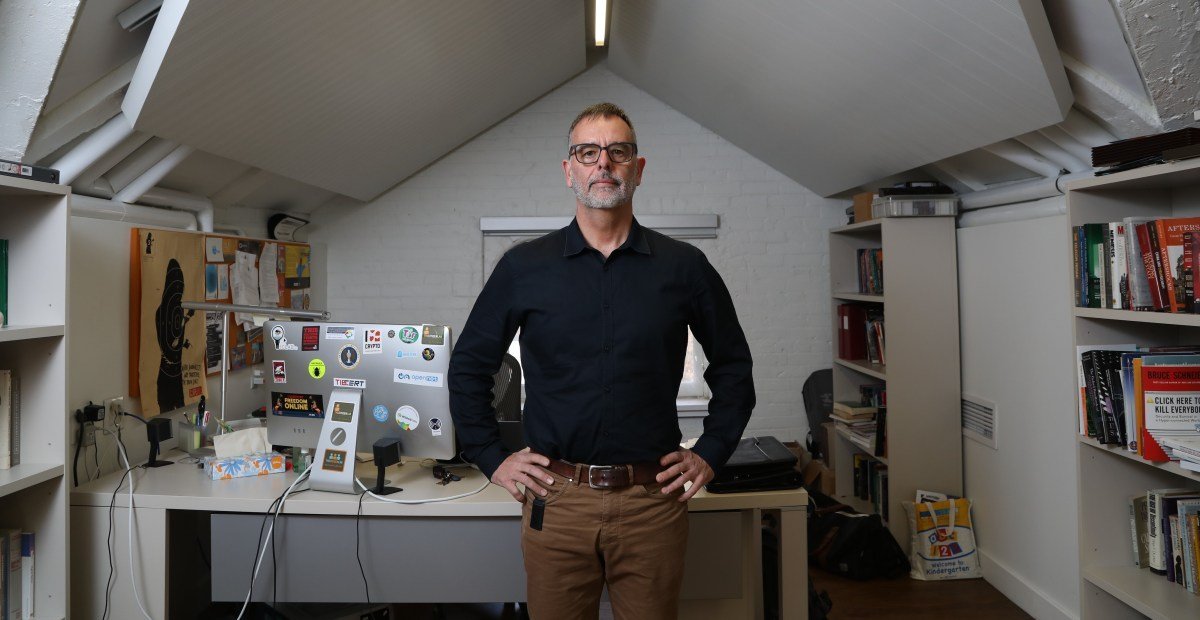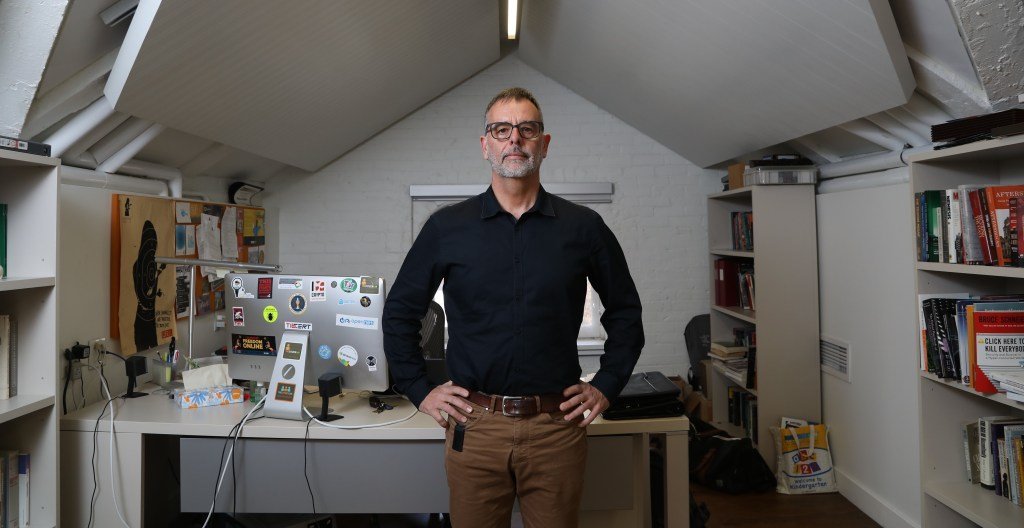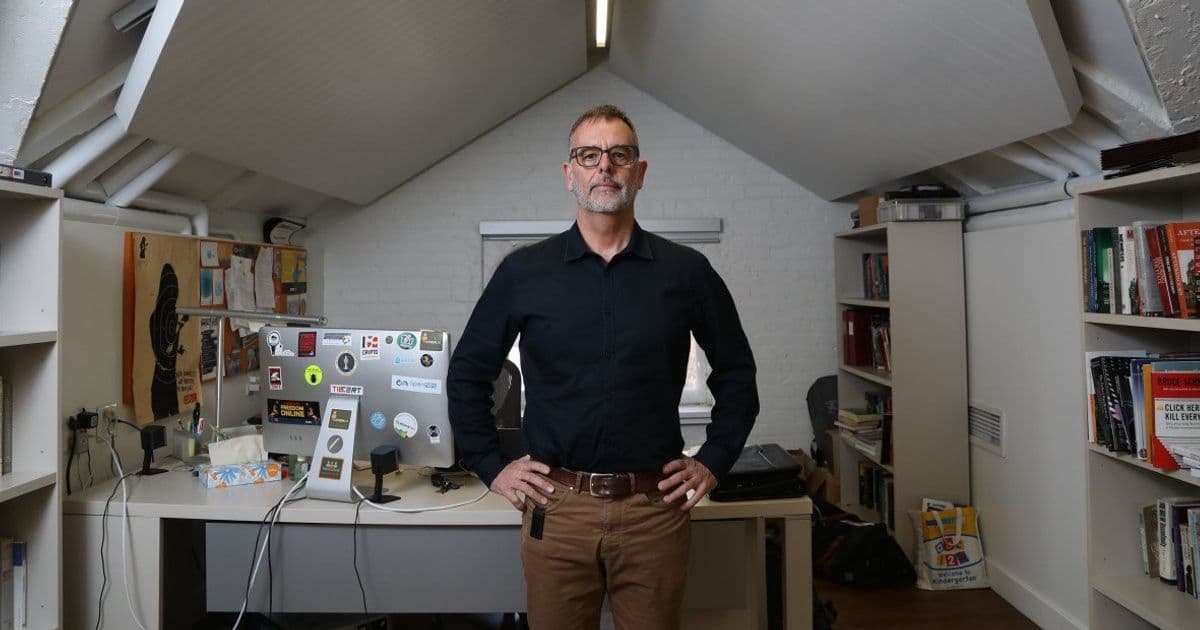Ron Deibert of Citizen Lab warns the cybersecurity industry it can no longer remain apolitical as democracies face a 'descent into a fusion of tech and fascism'. In a Black Hat keynote, he calls on professionals to recognize their critical role in defending civil society against state-sponsored spyware and eroding checks on power.
Ron Deibert, the director of the University of Toronto's Citizen Lab, delivered a stark warning to the global cybersecurity community during his keynote at Black Hat USA 2025: the tools and expertise honed to defend networks are now essential weapons in the fight against rising authoritarianism.

- The 'Tech-Fascism Fusion': Deibert described a global trend where technology, particularly sophisticated commercial spyware like that from NSO Group, is enabling unprecedented state surveillance and repression. "We are witnessing a descent into a kind of fusion of tech and fascism," Deibert told TechCrunch ahead of his talk, arguing Big Tech platforms are inadvertently "propelling forward a really frightening type of collective insecurity." He specifically pointed to recent political events in the United States as a "dramatic descent into authoritarianism."
- A Call to Action for Cybersecurity Professionals: Historically, the infosec community often sidestepped overt politics. Deibert, alongside figures like former CISA directors Chris Krebs and Jen Easterly, argues this neutrality is no longer tenable. "Alarm bells need to be rung for this community," Deibert stated. "At the very least, they should be aware of what’s going on and hopefully they can not contribute to it, if not help reverse it." This echoes Easterly's earlier call for the community to speak out when leaders are sidelined for upholding election security, warning silence "risk[s] diminishing the very institutions we are here to protect."
- The Looming Threat to Threat Intelligence: Deibert raised a critical, specific concern: the potential gutting of Big Tech's internal threat intelligence teams. Groups within companies like Meta, Google, and Apple track sophisticated government-backed hacking operations (e.g., China's MSS, Russia's FSB/GRU, commercial spyware vendors).
 These teams were instrumental in uncovering major spyware campaigns, such as NSO's hack of 1,400+ WhatsApp users in 2019 and Apple's detection of state-sponsored iPhone attacks. Deibert fears these vital teams could face cuts, mirroring reductions in trust, safety, and content moderation teams, leaving civil society even more vulnerable.
These teams were instrumental in uncovering major spyware campaigns, such as NSO's hack of 1,400+ WhatsApp users in 2019 and Apple's detection of state-sponsored iPhone attacks. Deibert fears these vital teams could face cuts, mirroring reductions in trust, safety, and content moderation teams, leaving civil society even more vulnerable. - The Civil Society Security Gap: Deibert emphasized a "huge market failure" where journalists, activists, and NGOs – crucial actors in democracy – cannot afford the cybersecurity services typically available to corporations and governments. "This market failure is going to get more acute as supporting institutions evaporate and attacks on civil society amplify," he warned. He urged cybersecurity professionals and companies to find ways, including pro bono work, to help bridge this gap, calling it "essential to the future of liberal democracy worldwide."
Deibert's message reframes cybersecurity not just as a technical challenge of patching vulnerabilities, but as a fundamental pillar of democratic resilience. The erosion of threat intelligence capabilities within tech giants, combined with the proliferation of mercenary spyware and the targeting of democratic institutions, creates a perfect storm. The cybersecurity community, possessing unique skills to detect and counter these threats, faces an ethical imperative: maintain technical neutrality while authoritarianism leverages their domain, or actively engage in defending the open societies their work ultimately serves. The future of secure systems is inextricably linked to the health of the societies they operate within.

Comments
Please log in or register to join the discussion